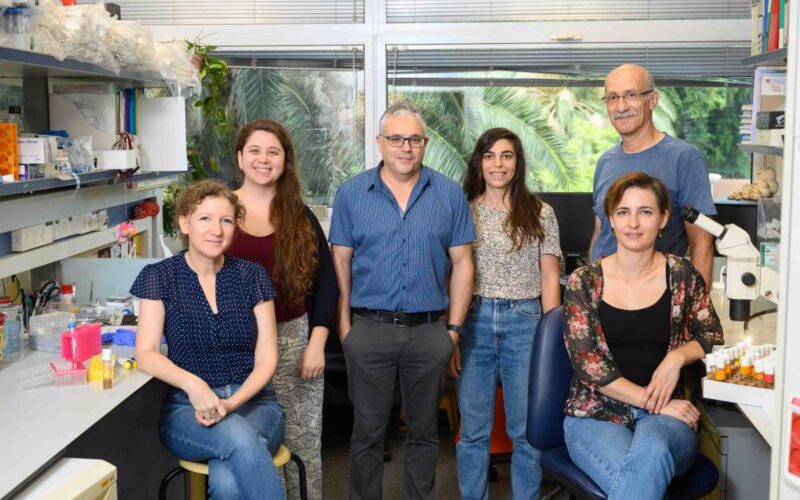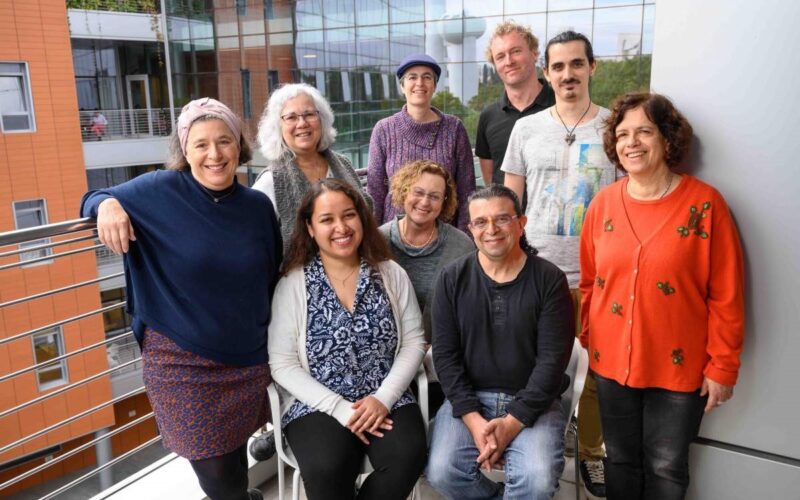
March 30, 2016
Anxiety effects a person’s perception, so they see the world and respond to stimuli differently, new Weizmann Institute of Science research reveals.
Recently in the news, the scientific study was initially reported in the Cell Press Journal Current Biology and may help explain why certain people are more prone to anxiety.
The ‘plasticity’ of the brain was measured using sound as a tool, to see how participant’s brains responded to stimuli and new or stressful situations. Ultimately the research showed that people with anxiety were less able to distinguish between safe and stressful stimuli.
The study was in two parts. In the first part 28 volunteers with anxiety were hard wired to make associations with tones representing money loss, money gain and no consequence. In the second part, researchers played 15 different tones to the volunteers to find out if they could identify any of the sounds they were played in the first part. The idea was to see if people could avoid over generalising on a new tone, or mistaking a sound they had heard before.
The results revealed that the anxiety patients did mistake sounds and gereralised on new tones, compared to 16 ‘controls’ – healthy people who were hard wired in a similar experiment.
Lead author Professor Rony Paz of the Weizmann Institute of Science in Rehovot, Israel said the results showed that in patients with anxiety, an emotional experience induces plasticity in brain circuits that continue after the experience is over.
“Such plastic changes occur in primary circuits and these later mediate the response to new stimuli. The result is an inability to discriminate between the experience of the original stimulus and that of a new, similar stimulus. Therefore anxiety patients respond emotionally to the new stimuli as well and exhibit anxiety symptoms, even in irrelevant situations. They cannot control this response: it is a perceptual inability to discriminate.”
To assess the physical response, magnetic resonance imaging (MRI) was used to look at the brains of anxiety patients and the healthy controls. This showed differences in the amygdale – a region of the brain that controls fear – plus the area of the brain that controls the senses. This showed significant differences in brain activity of the two groups. The results strengthened the idea that emotional experiences induce long-term changes in sensory representations in anxiety patients’ brains.
Professor Paz said that the findings might help explain why some people are more prone to anxiety than others, but to note that the underlying brain plasticity that leads to anxiety is not bad in itself.
“Anxiety traits can be completely normal; there is evidence that they benefitted us in our evolutionary past. Yet an emotional event, sometimes even a minor one, can induce brain changes that can potentially lead to full-blown anxiety,” he said.
“Understanding how the process of perception operates in anxiety patients may help lead to better treatments for the disorder,” he concluded.






